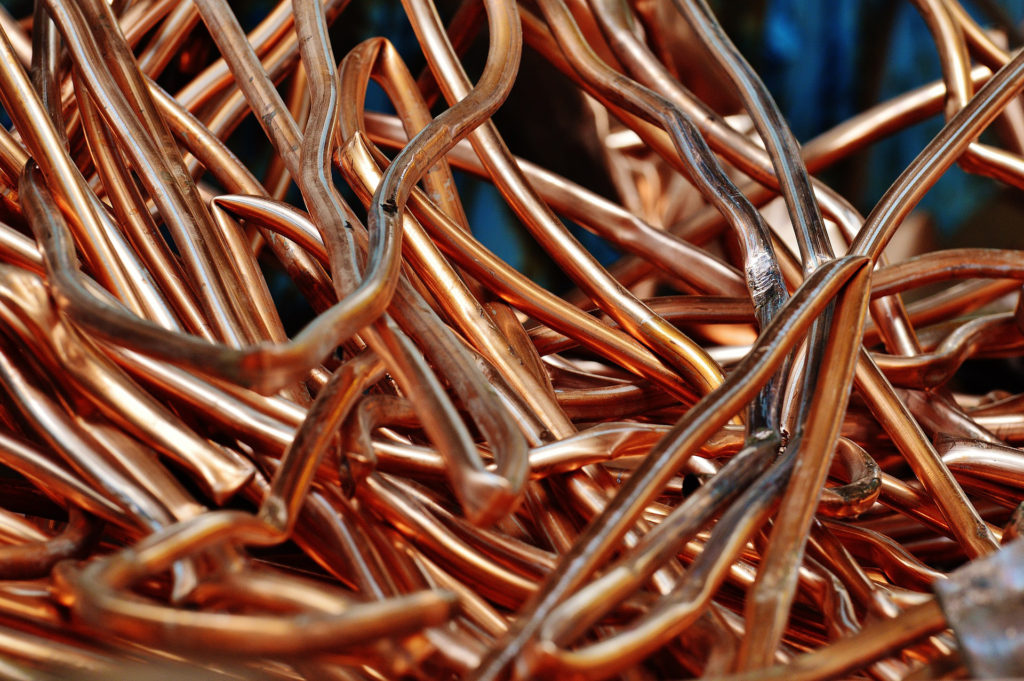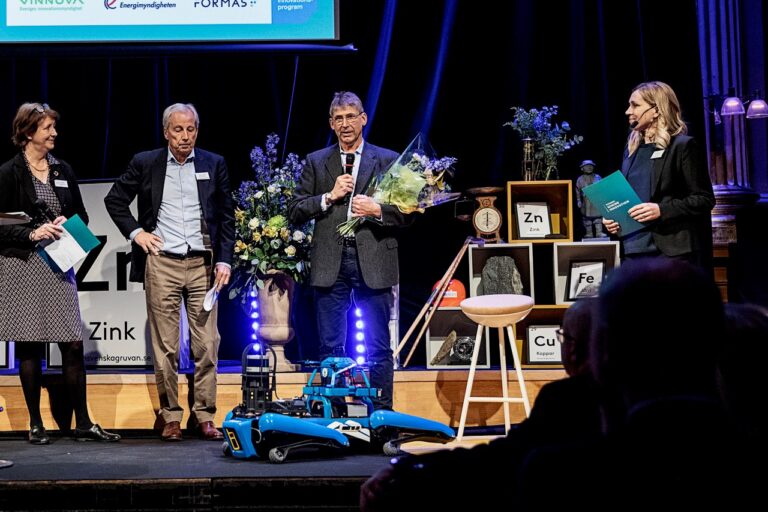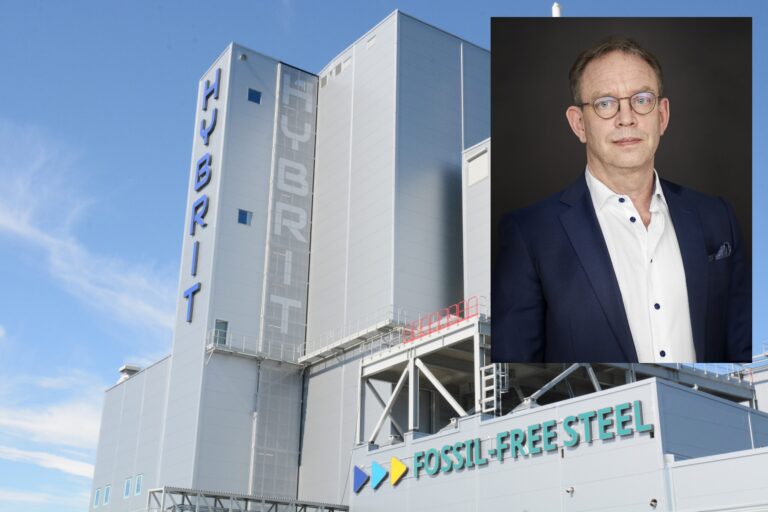Press release 26 November 2021
To reduce our climate impact, we must move from a linear economy to a circular one. Today’s use of the earth’s resources needs to change fundamentally and we need to work on many fronts to establish a sustainable society. To increase the pace of change, new models are required for collaboration across company and industry boundaries. The CIRCLA project brings together over 50 actors to jointly address the complex challenge of sustainable system transformation and climate-neutral and circular production with resource-efficient value chains.
Sustainability is a complex issue, the transition can not be carried out in isolation by individuals, companies, organizations or other parts of society. Cooperation across industry boundaries is required, and strong measures and collaborations across the entire value chain are needed. It is required that the whole society works with reuse and recycling; switching to circular solutions is a must. The goal of the CIRCLA collaboration is to create better conditions for working with traceability for the companies participating in the project, and in the long run also for actors outside the project.
Increased transparency in how products are manufactured and reused gives both consumers and companies the opportunity to make more sustainable choices and purchases. Through CIRCLA, the project wants to contribute to Sweden being able to function as a good example of how actors through collaboration work for a large-scale restructuring of the industry. Through methods for traceability and information sharing, the project enables and contributes to more sustainable production and consumption with a markedly increased reuse of materials and a reduced amount of waste. Results and knowledge will be widely disseminated to increase consumers’ knowledge of sustainable choices and also promote sustainable procurement in the public sector.
Malin Rosqvist, project manager at RISE and program strategist in the strategic innovation program PiiA is one of the initiators and project manager for the initiative: – Sustainability is a challenge that is high on the agendas of the strategic innovation programs and CIRCLA gives us a unique opportunity to work together across multiple industries and help accelerate the industry’s transformation. The co-operation between the five innovation programs and the Delegation for Circular Economy has been a prerequisite for the success of this gathering of forces and constitutes a strength in the continued work, both in terms of implementation and dissemination of results.
Jenny Greberg, program director for the strategic innovation program Swedish Mining Innovation:
– Our players have previously gathered within the Traceability and Tracemet projects to solve the challenges linked to traceability. The projects have shown great potential but there is still a lot to solve before we have a traceability system in place. I am very happy that CIRCLA offers opportunities to continue the important work, says Jenny, and continues: – We know that recycling is not enough, we must also work for sustainable sourcing of raw materials. Even with 100% recycling of metals, we still have to increase primary production to meet society’s needs. Sweden has unique opportunities to take the lead when it comes to sustainably produced metals and minerals, and traceability is a key issue.
CIRCLA will act as a platform where more players are welcome to join. Together, the participants work to make the circular economy a Swedish export product and a branch of strength for Swedish companies in several industries.
CIRCLA is a national initiative with sub-projects led by RISE, Chalmers Industrial Technology, Mälardalen University, Svenskt Trä and Ragn-Sells. Behind the initiative are five strategic innovation programs in collaboration with the Delegation for Circular Economy, which over the past year has worked to form a collaboration that spans several industries. The project, which will run for three years, involves more than 50 actors with a common interest in traceability in industrial value chains. The project is financed partly through grants from Vinnova within the framework of the strategic area Sustainable Industry, and partly through the participating companies; a total of about 37 million SEK.
The programs behind the investment are PiiA – Process Industrial IT & Automation, BioInnovation, Re: Source, Metallic Materials and Swedish Mining Innovation.






